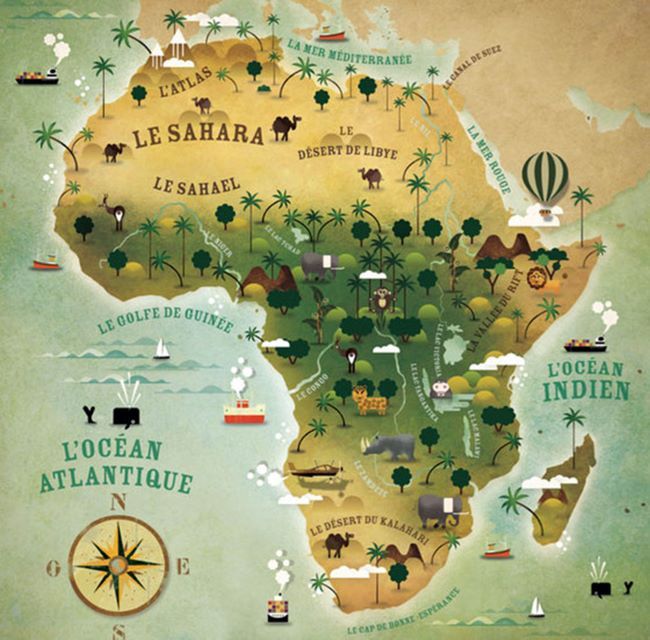Celebrating the Contributions of African Culture to Mexican Society
Marking the significance of Africanness in Mexican communities, this article sheds light on the importance of recognizing the contributions of African culture in our societies. Despite systemic racism, Africanness plays a crucial role in shaping Mexican culture.





